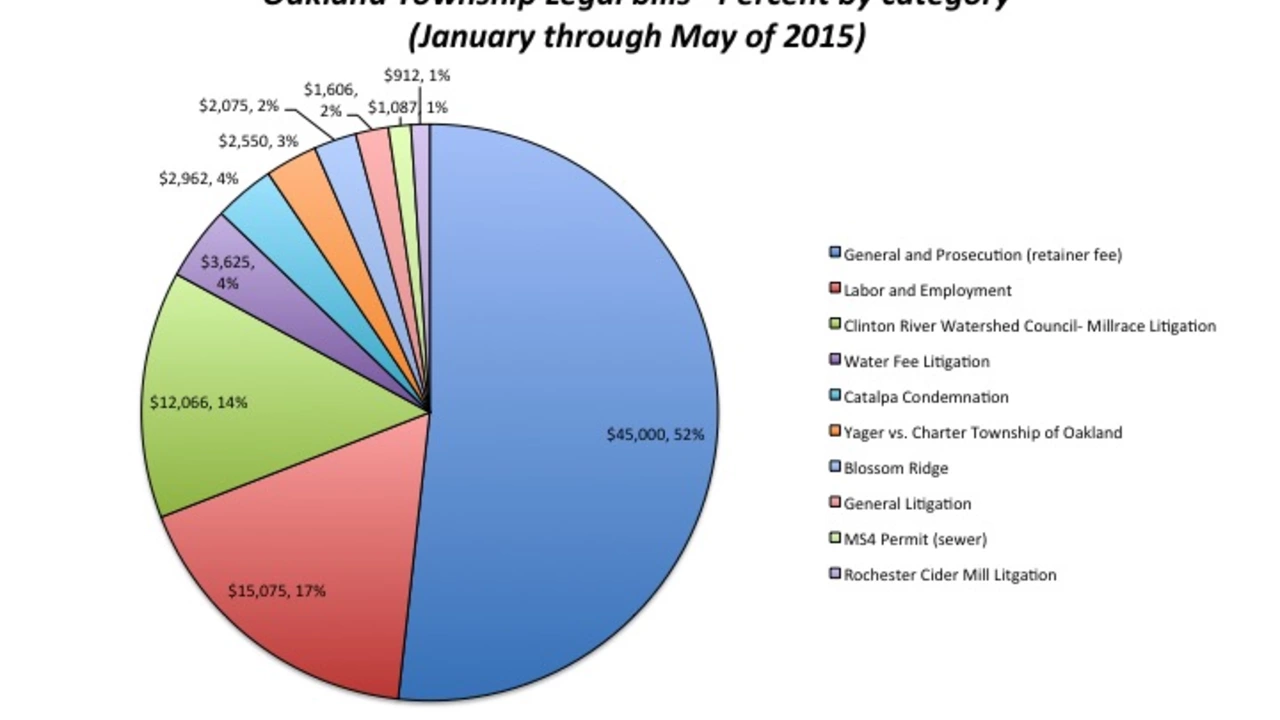Understanding the Concept of Singleness in India
As I delve into the intriguing topic of singlehood in India, it's important to first understand the cultural context. Marriage in India is not merely a personal choice but a societal expectation and a significant milestone in an individual's life. However, in recent years, there's been a noticeable shift in attitudes towards marriage and singlehood. Now, more and more Indians are defying societal norms and choosing to stay single, either by choice or circumstance.
While the trend is more prevalent in urban areas, the phenomenon is not entirely absent in rural regions. Various factors influence this decision, such as career aspirations, personal freedom, and even financial independence. More importantly, the rapidly changing societal landscape is gradually normalizing the concept of singlehood in India.
An Examination of Statistical Data
Now, let's take a look at the raw data. According to the 2011 census, about 39% of India's total population were unmarried. However, a significant chunk of this percentage falls under the age group of 0-24, which is typically considered as non-marriageable in India. Yet, the data also reveals a growing number of Indians choosing singlehood in the age group of 25-34 and 35-49. These numbers are indicative of a significant shift in societal norms and attitudes towards marriage.
The 2011 census data also shows that the percentage of unmarried individuals is higher in urban areas compared to rural regions. This could be attributed to a variety of factors, including but not limited to, career aspirations, changing societal norms, education levels, and access to resources and opportunities.
The Role of Education and Career Aspirations
Education and career aspirations play a vital role in the rising trend of singlehood in India. As more and more Indians gain access to education, especially women, they are opting to delay marriage or forego it completely in pursuit of their career goals. This is particularly true for individuals in the urban areas, where access to higher education and job opportunities are more abundant.
The pursuit of personal growth and self-fulfillment is gradually taking precedence over societal expectations of marriage. More Indians are realizing the importance of financial independence and are willing to prioritize their career over marriage. This trend is not just limited to men, as more and more Indian women are also embracing singlehood for the sake of their career aspirations.
The Influence of Personal Freedom and Independence
Personal freedom and independence are also significant contributing factors to the growing trend of singlehood in India. With changing societal norms and progressive attitudes, more Indians are now valuing their personal freedom and independence over the societal pressure of marriage.
Being single allows individuals the freedom to make their own choices, explore their interests, and live their life on their own terms. It also provides them with the opportunity to focus on self-growth and personal development. This trend of valuing personal freedom and independence over marriage is gradually gaining momentum, especially among the younger generation.
Impact of Changing Societal Norms
India is a country deeply rooted in traditions and societal norms. However, the winds of change are blowing, and they're reshaping the societal landscape. The traditional societal expectation of marriage is gradually losing its stronghold, as more Indians are challenging these norms and choosing to stay single.
These changes are reflective of the evolving societal attitudes towards singlehood and marriage. The stigma associated with singlehood is gradually fading, and more Indians are embracing the concept of being single. This is not just indicative of a societal shift, but also a testament to the individual courage and resilience of Indians who choose to defy societal norms and live their life on their own terms.
Final Thoughts
While the percentage of Indians choosing singlehood is still relatively low compared to western countries, the trend is definitely on the rise. It's indicative of a progressive society that allows its citizens the freedom of choice and the right to live their life on their own terms. As societal norms continue to evolve, we can expect the percentage of Indians choosing singlehood to increase in the future.
It's important to remember that choosing to stay single is a personal choice and should be respected. As a society, we should strive to create a safe and supportive environment for all individuals, regardless of their marital status. After all, the goal is to live a fulfilling and happy life, whether single or married.
